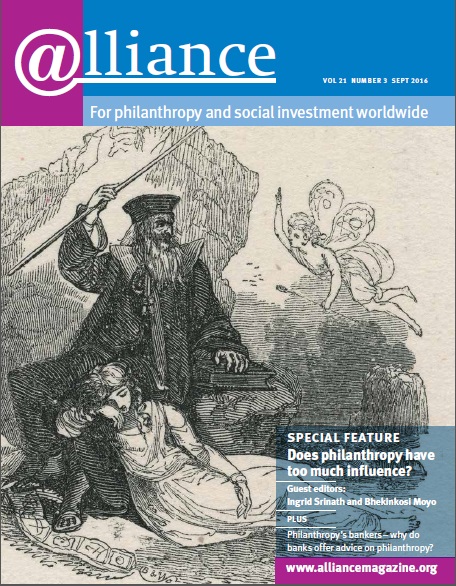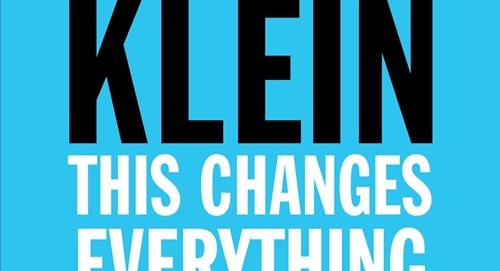Reviewed by Anthony Tomei
Philanthropy involves private persons using power to influence the public realm. To what extent is the exercise of this power compatible with the values of a liberal democratic state? This is the fundamental question that runs through this important and absorbing volume. The authors are an interdisciplinary group of scholars including sociologists, political scientists, historians, political philosophers and legal scholars. Their essays have a coherence that is unusual in a collection of this kind; well written and accessible, they avoid the trap of disciplinary inwardness that can make such collections indigestible to the lay reader.
The book contains ten substantial essays, arranged in three sections. The first describes how philanthropy has evolved in a modern democratic state. Philanthropy in its widest sense is as old as humanity itself, but its modern form dates back to the late 19th century, to the rise of large-scale capitalism in the USA, the accumulation of prodigious wealth and the large general-purpose foundations that resulted. The emergence of these philanthropic forms was controversial and contested, reflecting wider debates about the appropriate roles of public and private funding in society, and indeed the evolution of democracy itself. 
The second section explores some of the institutional forms in which philanthropy is embodied. These institutional forms reflect changes in the role that philanthropy plays, or is expected to play, in society. A key chapter by Aaron Horvath and Walter W Powell describes how new modes of philanthropic power associated with fortunes made in the tech and financial sectors reflect a shift from activity that is primarily supportive of the public sector to one that is primarily disruptive. A chapter by Paul Brest looks at the tension between the social and financial goals of corporate social responsibility, while Ray Madoff provides an intriguing analysis of donor-advised funds, a structure that is growing fast in the USA, although it is less common in Europe.
The final section examines the moral grounds and limits of philanthropy. As the authors say, this is a question that has been largely neglected, perhaps because it is felt that, if philanthropy is a good thing, then surely the more of it the better? But this is to overlook some core questions. Just as there are things that ought not to be bought and sold, so there are things that ought not to be donated: one’s right to vote, for example, or one’s child’s labour. And, if philanthropy is a form of private power that can disrupt or change the exercise of public power, that raises fundamental issues of legitimacy. What should be the limits of philanthropy, and how should philanthropists exercise their power?
This is an American book, about American philanthropy, but the questions it addresses are as salient in Europe as they are in the US and the differences between the US and Europe serve to illuminate as much as to obscure. What is the role of philanthropy in a modern democratic state? Which public goods and services are best provided by the state and which by private means, whether for profit or for philanthropic reasons? To what extent is it legitimate for philanthropists and their foundations to challenge and disrupt the work of the governments that supplement their resources with tax reliefs? What should be the limits of philanthropic action, and are the mechanisms for control and accountability sufficient?
This timely volume will not provide simple answers to these questions, but it will enlighten and enrich the thinking of any reader. I was left asking whether there is a group of European scholars who could rise to the challenge of producing a volume as thought-provoking, relevant and enjoyable. It would be nice to think so.
Anthony Tomei, a former director of the Nuffield Foundation, is on the board of the Association of Charitable Foundations (UK). Email atomei@blueyonder.co.uk
About the book
Published by University of Chicago Press
Price £21
ISBN 978-0226335643
To order http://press.uchicago.edu







Comments (1)
Anthony, thank you for an excellent review. In my view, the book is an essential reference in the debate that should be ongoing on philanthropy . In addition, the authors make the key point at the beginning that"philanthropy deserves far more attention in academic discourse" before they begin to address this oversight. Olivier Zunz, one of the contributor, does the same thing in his own excellent book,"Philanthropy in America." Judith Symonds, Sciences Po, Paris